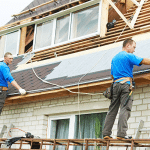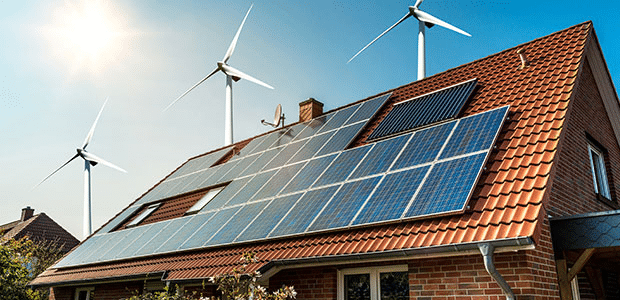In our world, countless systems rely on precise monitoring and control of liquid levels. From ensuring a steady flow of water in our homes to preventing overflows in industrial tanks, a water level sensor plays a crucial, albeit silent, role in maintaining efficiency and safety.
Improved Efficiency
Automated systems triggered by water level sensors ensure optimal use of water resources. For instance, they can activate pumps when water levels drop or turn them off when tanks are full, preventing unnecessary operation.
Enhanced Safety
Water level sensors play a vital role in preventing overflows. In basements or industrial settings, they can detect rising water levels and trigger alarms or activate pumps to prevent flooding.
Data Acquisition and Monitoring
Water level sensors can be integrated into monitoring systems, providing valuable data on water usage, tank levels, and potential leaks. This data allows for informed decision-making regarding water management and maintenance.
Reduced Costs
By preventing overflows and optimizing water usage, water level sensors can help reduce operational costs associated with water waste and potential damage caused by flooding.
Applications of Water Level Sensors
Water level sensors have a wide range of applications across various industries and household settings. Here is a list of examples:
Homes
Water level sensors are commonly used in sump pumps to prevent basement flooding. They can also be used in washing machines or dishwashers to detect leaks and prevent overflows.
Agriculture
Irrigation systems often utilize water level sensors to monitor water levels in tanks and ensure optimal water delivery to crops, promoting efficient water usage.
Industrial Applications
In industrial settings, water level sensors play a critical role in various processes. They are used in storage tanks for chemicals, fuels, or other liquids to maintain safe levels and prevent spills. They can also be used in cooling towers or boilers to ensure proper water levels for optimal operation.
Municipal Water Management
Water level sensors are crucial for monitoring water levels in reservoirs, water treatment plants, and distribution networks. This data allows for efficient water management and ensures a steady supply of clean water.
If you need assistance to purchase water level sensors then feel free to contact Jojo and the team will get in touch with you.
Frequently Asked Questions
Still looking for more info? We’ve compiled a list of FAQs – check them out!
What factors should I consider when choosing a water level sensor?
Application
What are you using the sensor for? Homes, industrial settings, and agriculture all have different needs. Consider factors like the type of liquid being measured, the desired level of accuracy, and container size.
Sensor Type
Familiarize yourself with the different sensor technologies (float switch, pressure sensor, conductivity sensor, ultrasonic sensor) and choose the one best suited for your application.
What are some of the limitations of water level sensors?
Sensor Range
Each sensor type has a specific operating range. Choosing a sensor with a range exceeding your required measurement is crucial.
External Factors
Depending on the sensor type, external factors like turbulence, foam, or build-up on the sensor can affect accuracy.









